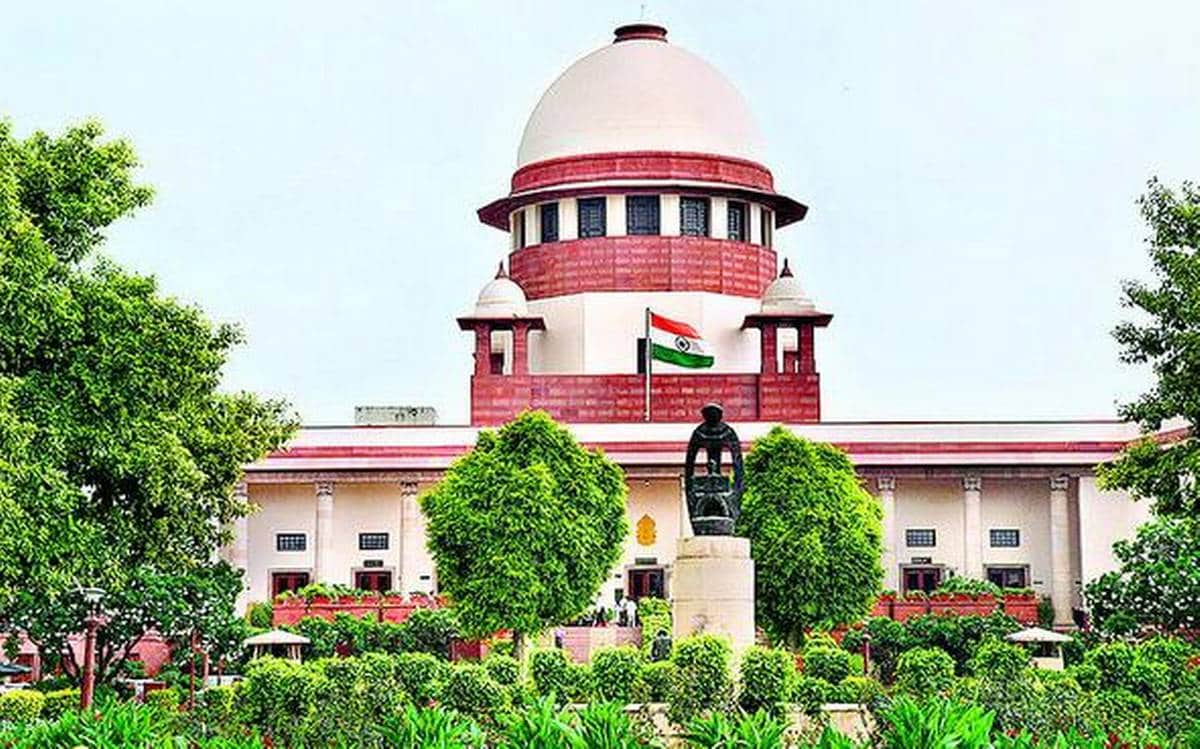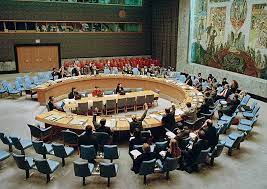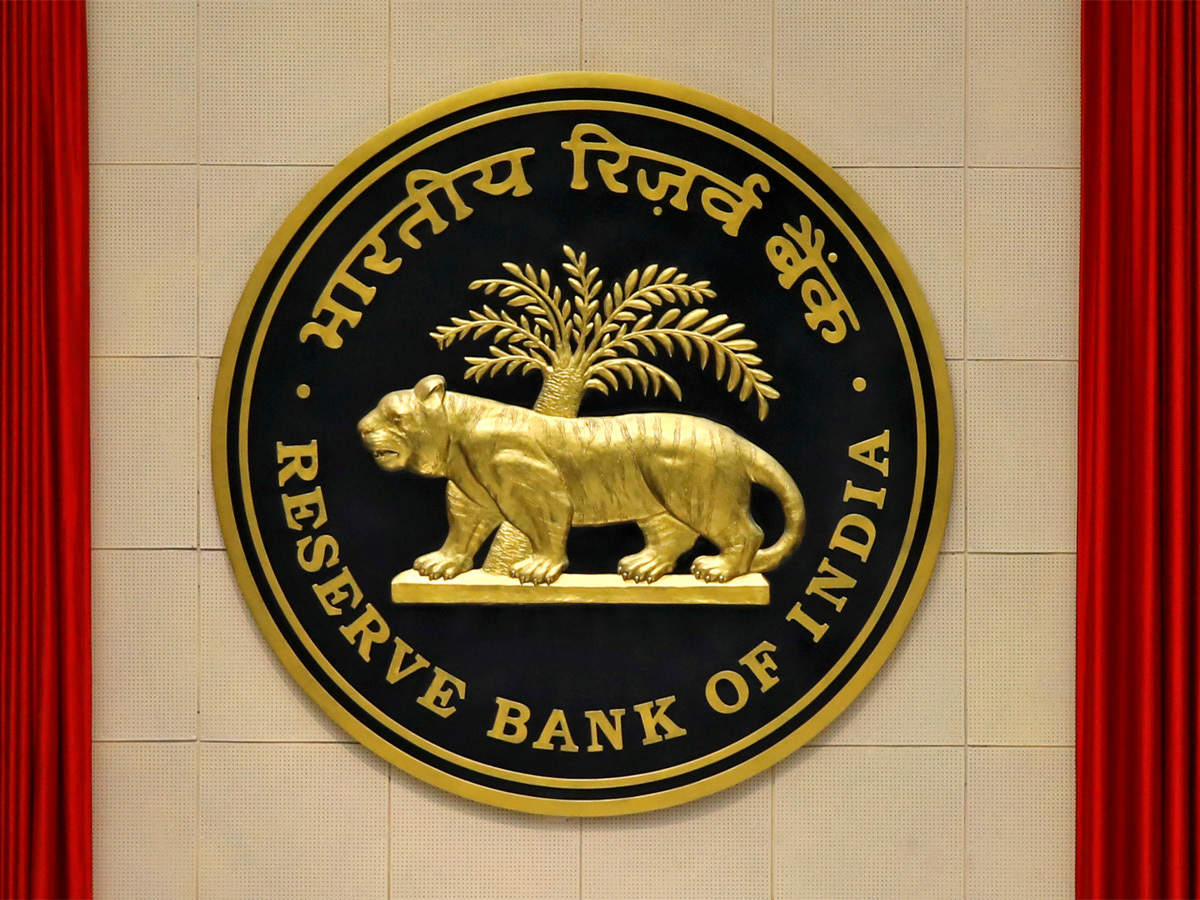

Nearly 282 million people in 59 countries suffered from acute hunger in 2023, with war-torn Gaza as the territory with the largest number of people facing...


Hyundai Motor India is gearing up to significantly enhance its production capabilities in the country, aiming to achieve an annual production milestone of one million units...


The Spices Board of India is taking proactive steps to ensure the safety and quality of Indian spices meant for exports following reports on recall of...


The Reserve Bank of India (RBI) recently released data indicating a significant surge in credit card spends during the financial year 2023-24 (FY24). Credit card transactions...


Vegetable prices in India are expected to remain elevated in the coming months due to above-normal temperatures until June, according to a report by Crisil. The...


India’s surge in foreign exchange reserves is fuelled by a notable increase in capital inflows during the fiscal year 2023-24, demonstrating effective management by monetary authorities...


The Supreme Court in the case Indian Medical Association v. Union Of India observed and has clarified against Patanjali over publication of misleading advertisements that it...


India’s steadfast support for the women, peace, and security agenda was emphasized by its Permanent Representative to the United Nations, Ruchira Kamboj, who outlined the nation’s...


The UAE has pledged $50 million to the second phase of the Lives and Livelihoods Fund 2.0 (LLF 2.0), a significant multi-donor development program aimed at...


The central bank said that the regulation would be effective from April 24, 2024. The Reserve Bank of India (RBI) has issued a consolidated master directive,...